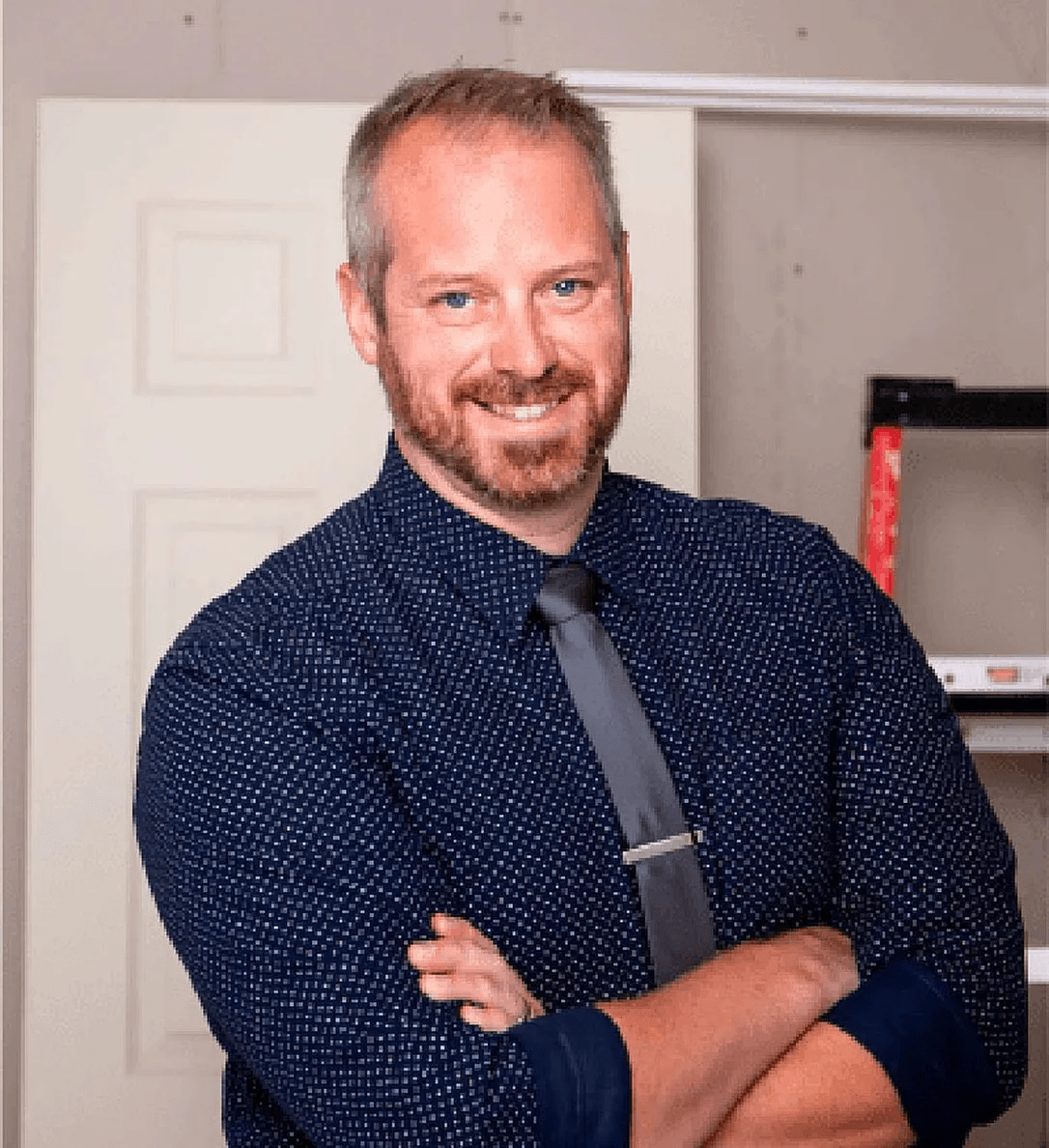
Less Blame More Action:
By: Phil Mills
Anytime things go wrong, it seems wise to take a moment and reflect: to be curious and to dig into how we got here. Things don’t happen in a vacuum and there are always underlying reasons for setbacks.
One of the questions I get asked most frequently is, "How did it get so bad?" The only way to answer this is to reflect, examining the complex factors that broke housing in our region. As the adage goes, "Those who fail to learn from history are doomed to repeat it." We need to learn from our past.
But I’ve noticed something recently that is troubling. We've shifted from reflective understanding to assigning blame. Many are scrutinizing the past not to rectify the present but to absolve themselves of responsibility, saying, "It's not my fault" or "I didn't contribute to this mess."
Conestoga College has been front and center of this dynamic recently. Let’s put aside for a moment the completely inappropriate language of John Tibbits. There are many elements that created the mess we see today, including shifts in college funding models, the college’s ambitions, immigration goals and limits, and so much more. Some of that is within Conestoga’s control, while others are not.
But none of that matters now. We are where we are. This isn’t all John Tibbits’ fault or the provincial government’s fault or the federal government’s fault. It’s all of them along with a whole host of other actors that got us here.
Too often, attempts to pinpoint blame result in each party deflecting accountability. Meanwhile, the community continues to suffer from a housing shortage.
It seems almost noble to look back at the why, to try and understand our mistakes, and to learn from them. But we see all too often it’s just a way to shift responsibility by placing the blame on someone else. In the end every level of government, our business community, homebuilders, education, and on and on, all played a part in how we got here so each and every one of them needs to play a part in fixing it. And it doesn’t help for each and every one of them to say, “This wasn’t me; it was them.” In some ways I don’t care who caused it. I want to know who is going to step up and help fix it!
I don’t care if the federal government should be doing more or if it’s technically the Region’s responsibility or if you’ve never provided housing in the past. The past is just that, the past. Our shared future demands everyone’s commitment to tackling this crisis, rather than dwelling on how others aren’t doing enough.
Philip Mills
CEO, Habitat for Humanity Waterloo Region

Philip Mills, CEO

